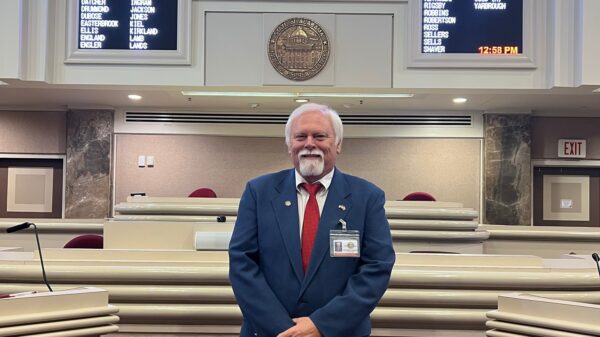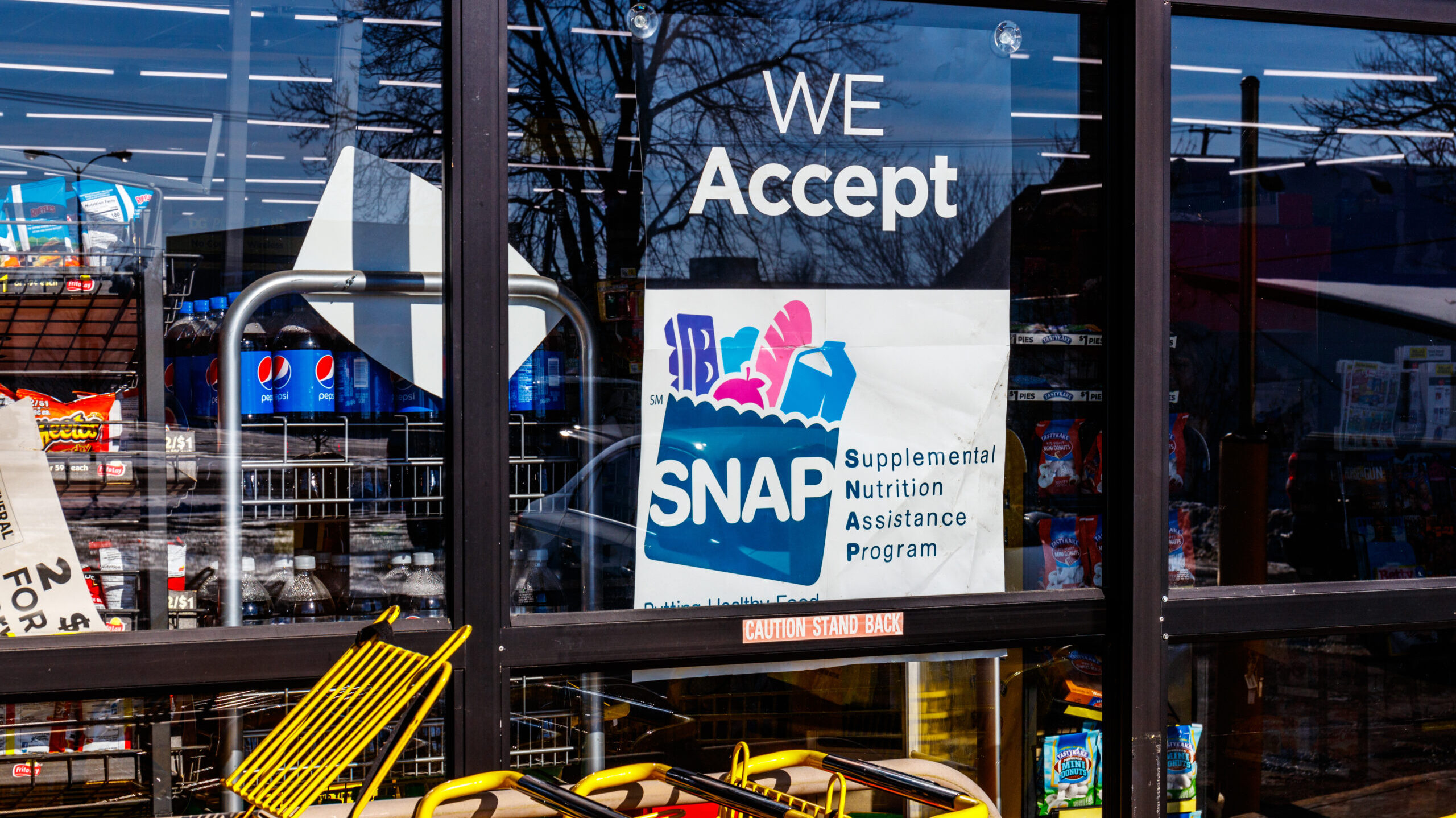The Alabama Arise-led coalition is sounding the alarm as the U.S. House narrowly approved a budget bill that could gut SNAP for 800,000 Alabamians. In a 215-214 vote on May 22, House members passed a measure that would force states to pick up a portion of the costs for the Supplemental Nutrition Assistance Program, SNAP, which has been fully funded by the federal government for decades.
In a letter to Governor Ivey, state lawmakers and Finance Director Bill Poole, Alabama Arise and 49 partner groups warned that “the SNAP cuts being considered would increase hunger for every one of these Alabamians and would transfer significant financial obligations from the federal government to Alabama.”
The coalition’s letter spelled out the staggering numbers: Alabama would be responsible for up to $258 million in direct benefit costs, plus another $35 million in administrative costs every year. “Alabama would become responsible for up to $258 million in direct benefit costs, plus an additional $35 million in administrative costs annually,” the letter said.
If state lawmakers fail to cover these costs, nearly 800,000 Alabamians—including “500,000 families with children, 300,000 families with older adults or disabled people, and 24,000 Alabama veterans”—could see their SNAP benefits slashed or even eliminated entirely.
For perspective, the $293 million price tag would exceed the entire Education Trust Fund budget appropriations for either the University of Alabama ($266.2 million) or Auburn University ($287.9 million) for 2026.
Even U.S. Senator Tommy Tuberville, who is running for governor of Alabama, has voiced his concerns about the matter. In a June 5 interview with the Washington Examiner, Tuberville bluntly warned lawmakers: “Just don’t bankrupt us… Don’t bankrupt us.” He added, “I know what our budget is and what we can afford, and we can’t start a federal program and then say, ‘Oh, let’s send it back to the states and let them take a big hunk of it.’”
Local reporting echoed his concern, with WBRC quoting Tuberville saying, “Everybody that’s going to be in state government is going to be concerned about it. I don’t know whether we can afford it or not.”
On Wednesday, Tuberville stated: “SNAP is a good program—but we need to reform it. There are way too many people who are getting entitlements who shouldn’t be getting them. We should be taking care of the people that actually need help to get back on their feet and get a job.”
Tuberville also indicated he supports targeted reforms to SNAP but opposed broad cost-shifts to states. “I’m for taking care of people, but it’s like unemployment insurance… sooner or later, you’ve got to go get a job,” he said.
The bill doesn’t stop at cost-shifting. It would also limit the future growth of SNAP benefits, effectively reducing them in real terms even as food prices keep climbing. Meanwhile, it would impose new work reporting requirements and red tape for an additional 165,000 Alabamians—including parents with children over age 7.
“Changes of this magnitude would create additional burdens for Alabama’s already stretched child care and child welfare systems and potentially would leave thousands of Alabama children and families without food on their tables,” the coalition’s letter warned.
SNAP plays a crucial role in fighting hunger across Alabama, supporting more than 1 in 7 residents. In a state where nearly 1 in 4 children face food insecurity, cuts to SNAP would deepen an already dire problem.
Local economies would also take a hit. The letter noted that more than 5,000 Alabama stores participate as SNAP retailers, many in small towns and rural areas. Every $1 in SNAP benefits generates about $1.50 in economic activity. “Deep SNAP cuts could force layoffs or closures at grocery stores and other retailers across our state,” the letter said. “A reduction or loss of SNAP benefits is a threat to our economy and the local communities where we all live and shop.”
What’s behind these proposed cuts? Congressional leaders say they’re needed to offset the cost of extending tax breaks for the wealthiest 2 percent of Americans. According to the Center on Budget and Policy Priorities, the SNAP and health care cuts in the House bill would roughly equal the cost of extending these tax cuts.
Those tax giveaways, passed under the 2017 Tax Cuts and Jobs Act, ballooned the federal deficit while disproportionately benefiting the country’s wealthiest households. Many of those breaks—like higher estate tax exemptions and cuts to the top marginal income tax rate—are set to expire this year.
The Alabama Arise-led coalition’s letter ended with a direct plea to state officials: “We urge you strongly to help protect federal funding for SNAP in Alabama and to communicate your concerns with the members of the Alabama congressional delegation.”
The Senate is expected to take up the House’s budget-slashing plan later this month. For hundreds of thousands of Alabama families, the question is urgent: will they keep food on the table, or will Washington’s push to privilege the few over the many leave them hungry?














































